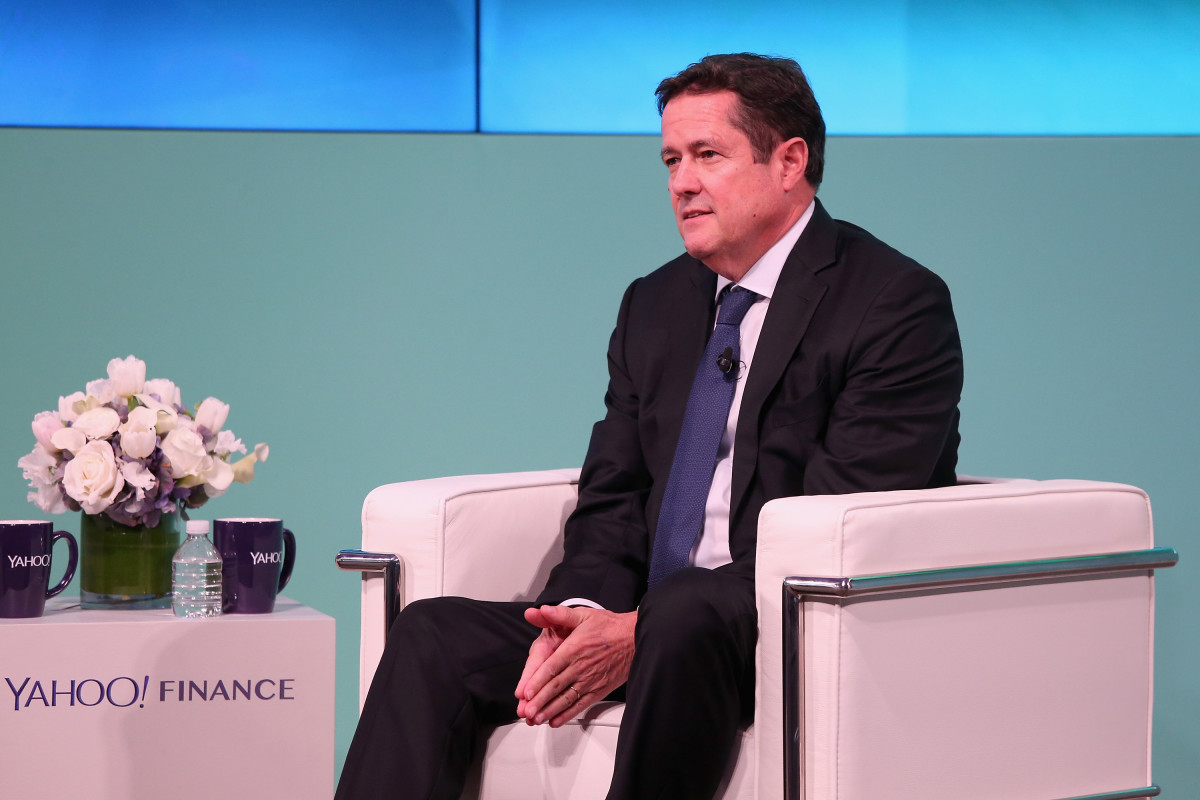Frequently, a business deal is ironed out away from the office. People get to know each other over dinner while the local jazz band is playing on stage. Details are discussed during a round of golf. Candid and confidential opinions can be disclosed at a ball game, usually after a few beers.
Before 2018, 50% of food and entertainment expenses incurred for a business purpose were tax-deductible. But after the passage of the Tax Cuts and Jobs Act, entertainment expenses are no longer tax deductible.
Most people might just shrug and just deal with it. After all, it is one less expenditure to account for which would make their lives (and that of their tax preparer) easier. But when people regularly take clients or potential clients out for dinner and entertainment, these expenses can add up. Not only that, entertainment can be expensive. For example, when looking at average NFL ticket prices, a ticket to a New England Patriots game can cost over $500, while tickets to even some team in Detroit can cost $120 per person. So for some, taking the food and entertainment deduction can provide significant tax savings. And there will be some people who will try to push the envelope on the definition of “entertainment.”
A few days ago, the IRS issued proposed regulations which clarified what kind of expenses constitute entertainment. It also explained what requirements must be met before a food expense is deductible.
The proposed regulations provide that the following must be met for a meal expense to be deductible:
- The expense is not lavish or extravagant under the circumstances. The regulations do not go into details but it’s safe to assume that the IRS will not allow the cost of a Michelin three-star meal covered in gold flakes for the taxpayer and a random potential client to discuss a parking ticket violation.
- The taxpayer, or the taxpayer’s employee is present when the food is presented, and
- The food is also provided to a business associate.
So who is a “business associate”? The regulation defines business associate as “a person with whom the taxpayer could reasonably expect to engage or deal in the active conduct of the taxpayer’s trade or business such as the taxpayer’s client, customer, supplier, employee, agent, partner, or professional adviser, whether established or prospective.
The key word here is prospective. If your typical clientele is the average person, or if you hire people from all backgrounds and skill sets, anyone can be a prospective client or employee. On the other hand, if you are in a specialized field or sell things like commercial aircraft or Bugatti Veyrons, only certain people are “reasonably” likely to be a client or employee. To maximize chances of success at an audit, have a log of who you met (and possibly credentials if needed), where you ate, and the business topics discussed.
The proposed regulations also discuss what is an “entertainment expense” as many will try to find creative ways to avoid that definition. It states that no deduction will be allowed for any expense of a type that is generally considered to be entertainment activity. The term entertainment can include an activity, the cost of which otherwise is a business expense of the taxpayer, which satisfies the personal, living, or family needs of any individual, such as a hotel suite or an automobile to a business customer or the customer’s family.
It specifically calls out membership fees for social, athletic, or sporting clubs or organizations. This can be problematic for networking groups that charge a membership fee. For example, there are certain informal bar associations whose only activities are social meetings with no CLEs, or other activities that support the legal profession or the professional development of their members.
But depending on the trade or business of the taxpayer and the context of the activity, an expense might be deductible even though it might appear to be entertainment related. The regulations give an example of a theater critic paying to attend a theatrical performance. This expense would not be considered an entertainment expense for the theater critic so long as he attended on a professional capacity.
So what about the common situations where food is provided with the entertainment? In this case, the food expense must be listed separately from entertainment expense in order for the food expense to be deductible. If the entertainment and food expense is not listed separately, the entire expense is disallowed.
For example, if I were to purchase a luxury suite at the Staples Center to watch a game with a client, I should ask that the price of the food be separately listed on the receipt. This way, while I cannot deduct the cost of the suite, I can deduct 50% of the cost of the food. If the cost of the food was not separately listed, I cannot deduct the expense.
Finally, the price of the food must reflect the venue’s usual selling cost if sold separately. This prevents a tactic to get around the entertainment nondeductibility rule by inflating the price of the food while minimizing or eliminating the entertainment fee.
Considering that the economy has been fairly good, the entertainment nondeductibility rule probably didn’t affect many people’s behavior. From my observations, most small businesses either forget to take the deduction or don’t want to deal with the cumbersome recordkeeping rules.
And some don’t claim them because they don’t want to trigger an audit. And they are wise to take this precaution. In most cases, tax auditors are very skeptical of entertainment expenses and excessive meal expenses, especially (and frustratingly) for small businesses. While they can be winnable if proper records are kept, unfortunately, a lot of times, an auditor simply will not believe that the expenses have a business purpose. Or they will think the cost is unreasonable. Sometimes, taxpayers will appeal an unfavorable but erroneous decision. Other times, they will not if doing so isn’t worth it in the bigger scheme of things.
Entertainment venues will be pressured by customers or tax advisors to separate out the food expenses on their invoices or receipts. Large venues can do this but it might be harder for smaller businesses if they don’t have the staff or billing software to do so.
Whether business can be mixed with pleasure is debatable. But for now, the tax laws say that they cannot. Because of the very broad and straightforward language in the statute and the recently released proposed regulations, there probably aren’t many ways to creatively get around this rule. If you think otherwise, please feel free to email me your thoughts. In the meantime, I don’t see many businesses giving up their luxury suites or hunting retreats anytime soon because of this.
Steven Chung is a tax attorney in Los Angeles, California. He helps people with basic tax planning and resolve tax disputes. He is also sympathetic to people with large student loans. He can be reached via email at sachimalbe@excite.com. Or you can connect with him on Twitter (@stevenchung) and connect with him on LinkedIn.
 Kathryn Rubino is a Senior Editor at Above the Law, and host of The Jabot podcast. AtL tipsters are the best, so please connect with her. Feel free to email her with any tips, questions, or comments and follow her on Twitter (@Kathryn1).
Kathryn Rubino is a Senior Editor at Above the Law, and host of The Jabot podcast. AtL tipsters are the best, so please connect with her. Feel free to email her with any tips, questions, or comments and follow her on Twitter (@Kathryn1).

















 Jordan Rothman is a partner of
Jordan Rothman is a partner of